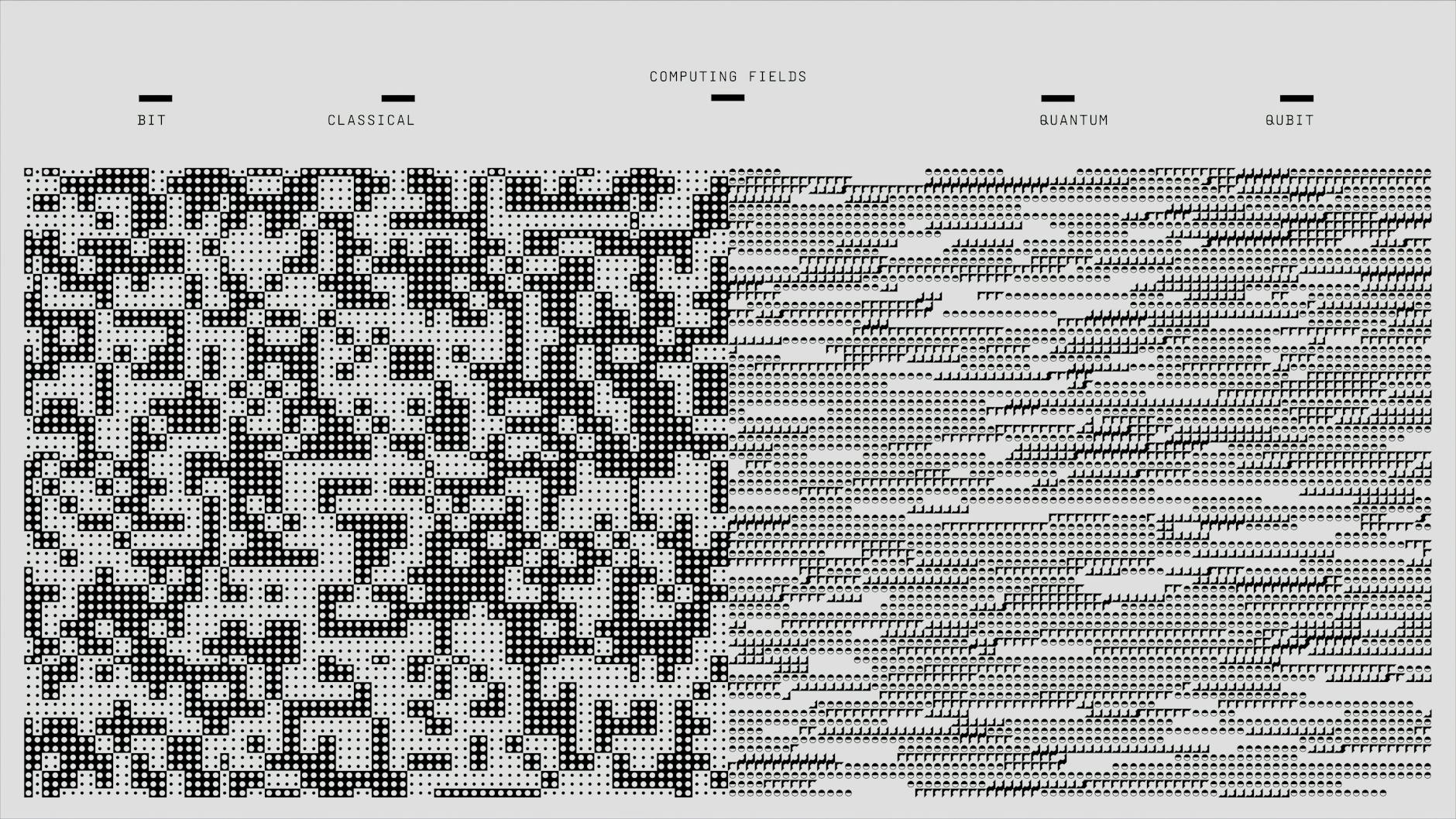Harnessing Quantum Computing for Advanced Robotics Control Systems

Introduction to Quantum Computing in Robotics
Quantum computing is revolutionizing the field of robotics by providing unprecedented computational power for controlling complex robotic systems. Unlike classical computers that operate using bits, quantum computers utilize qubits which can exist in multiple states simultaneously, allowing for parallel processing and solving intricate control problems.
Enhancing Robotic Perception with Quantum Algorithms
One key application of quantum computing in robotics is improving perception algorithms. By leveraging quantum machine learning techniques, robots can process vast amounts of sensor data in real-time to enhance their understanding of the environment. This leads to more accurate object recognition, path planning, and obstacle avoidance capabilities.
Optimizing Robot Trajectories with Quantum Optimization
Another area where quantum computing excels in robotics is trajectory optimization. Traditional methods often struggle with high-dimensional optimization problems, but quantum algorithms like quantum annealing can efficiently search for optimal trajectories, leading to smoother and more energy-efficient motion planning for robots.
Implementing Quantum Neural Networks for Adaptive Robotics
Robots equipped with quantum neural networks can adapt and learn from new experiences in real-time, enabling them to continuously improve their performance without human intervention. This self-learning capability opens up possibilities for autonomous robots to handle dynamic environments and tasks with evolving requirements.
Real-World Applications of Quantum-Controlled Robots
In the healthcare industry, quantum-controlled robotic exoskeletons are being developed to assist patients with rehabilitation therapy. These advanced exoskeletons adjust their support levels based on the patient's movements and muscle activity, enhancing the effectiveness of physical therapy sessions.
In manufacturing settings, collaborative robots powered by quantum computing are streamlining production processes by optimizing task allocations and resource utilization. These intelligent robots work alongside human workers to boost productivity and ensure efficient workflow management.
Challenges and Future Prospects
Despite the promising advancements in using quantum computing for robotics control systems, there are challenges such as hardware limitations and algorithm complexity that need to be addressed. However, ongoing research and development efforts are focused on overcoming these obstacles to unlock the full potential of quantum-controlled robots in various industries.
